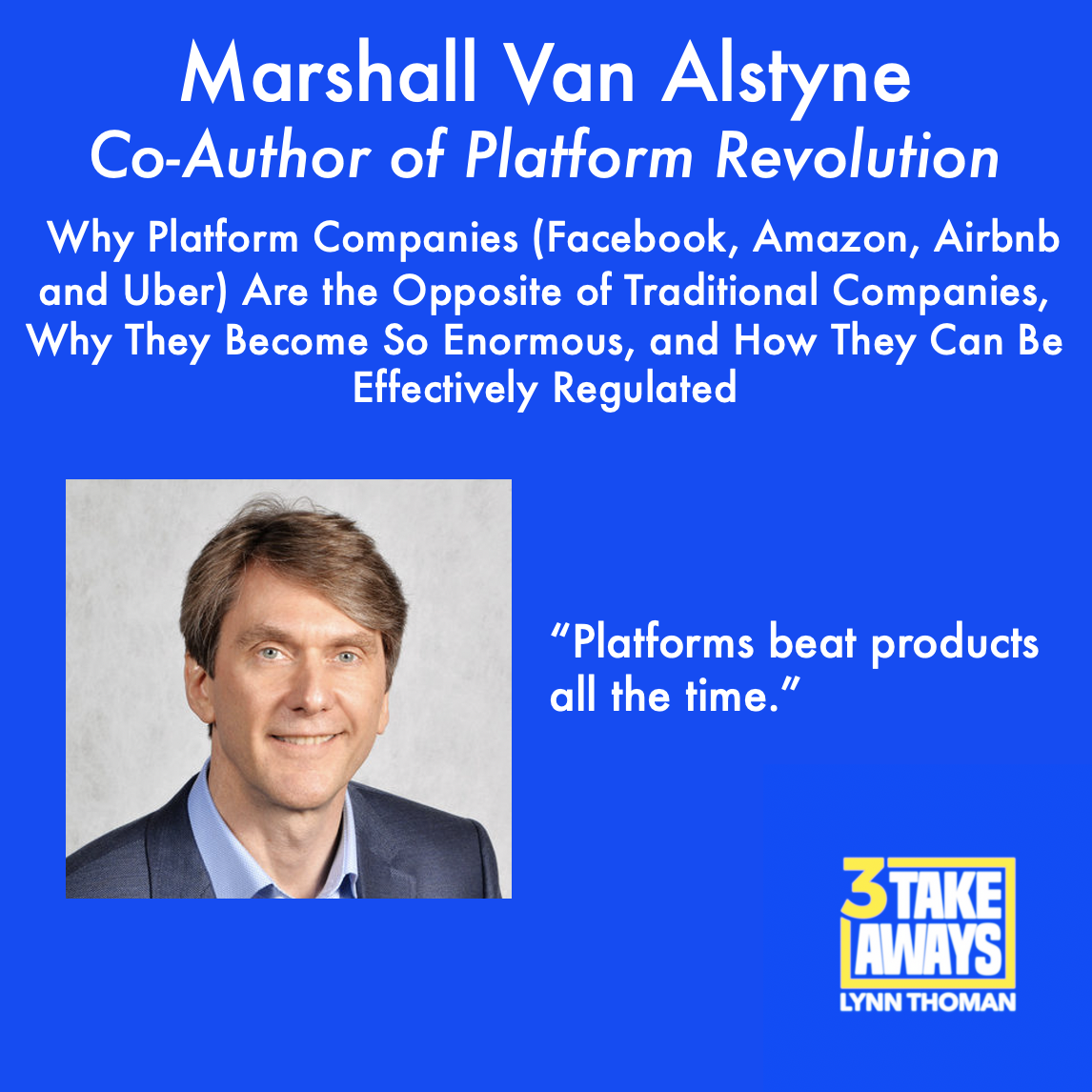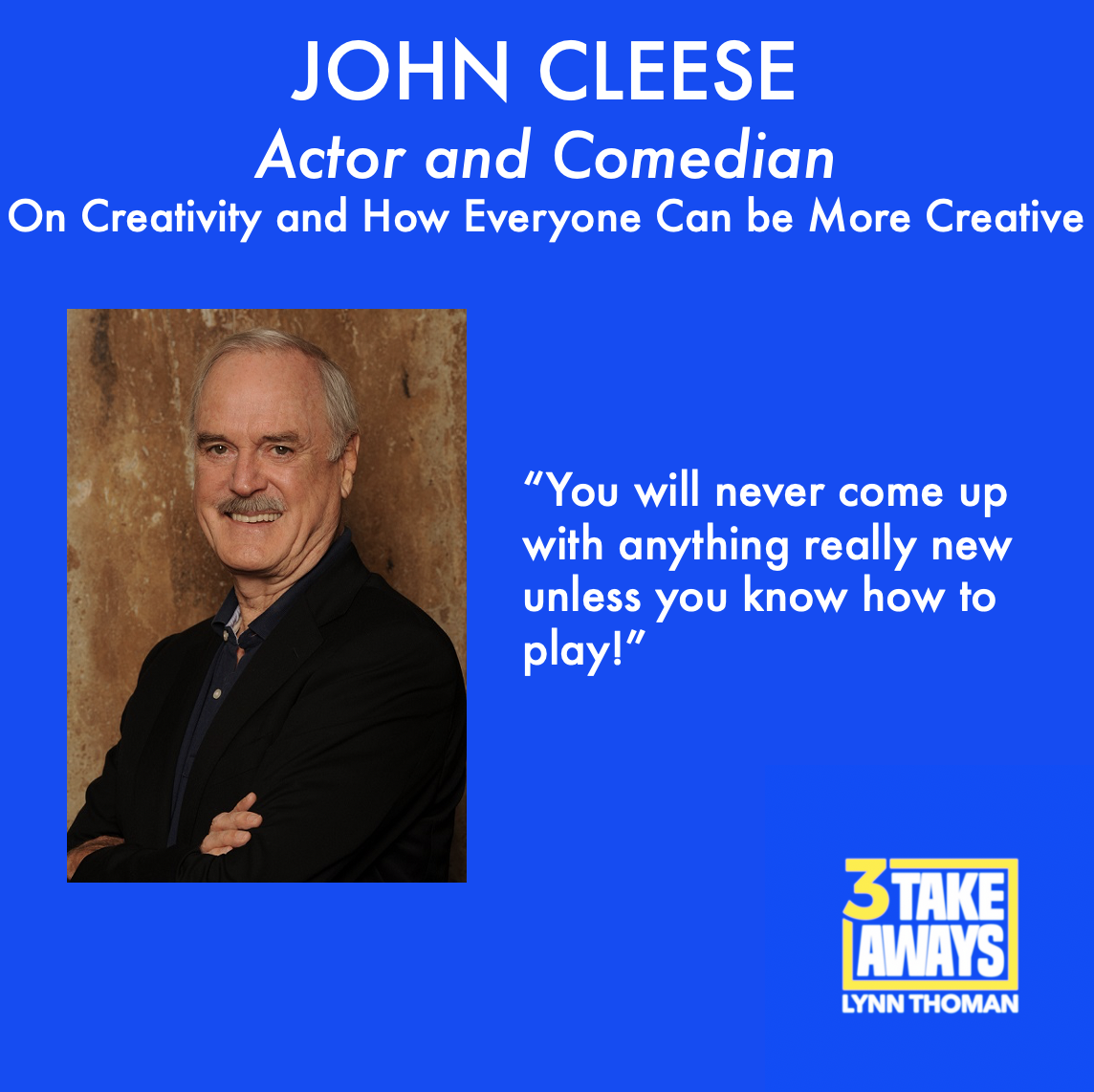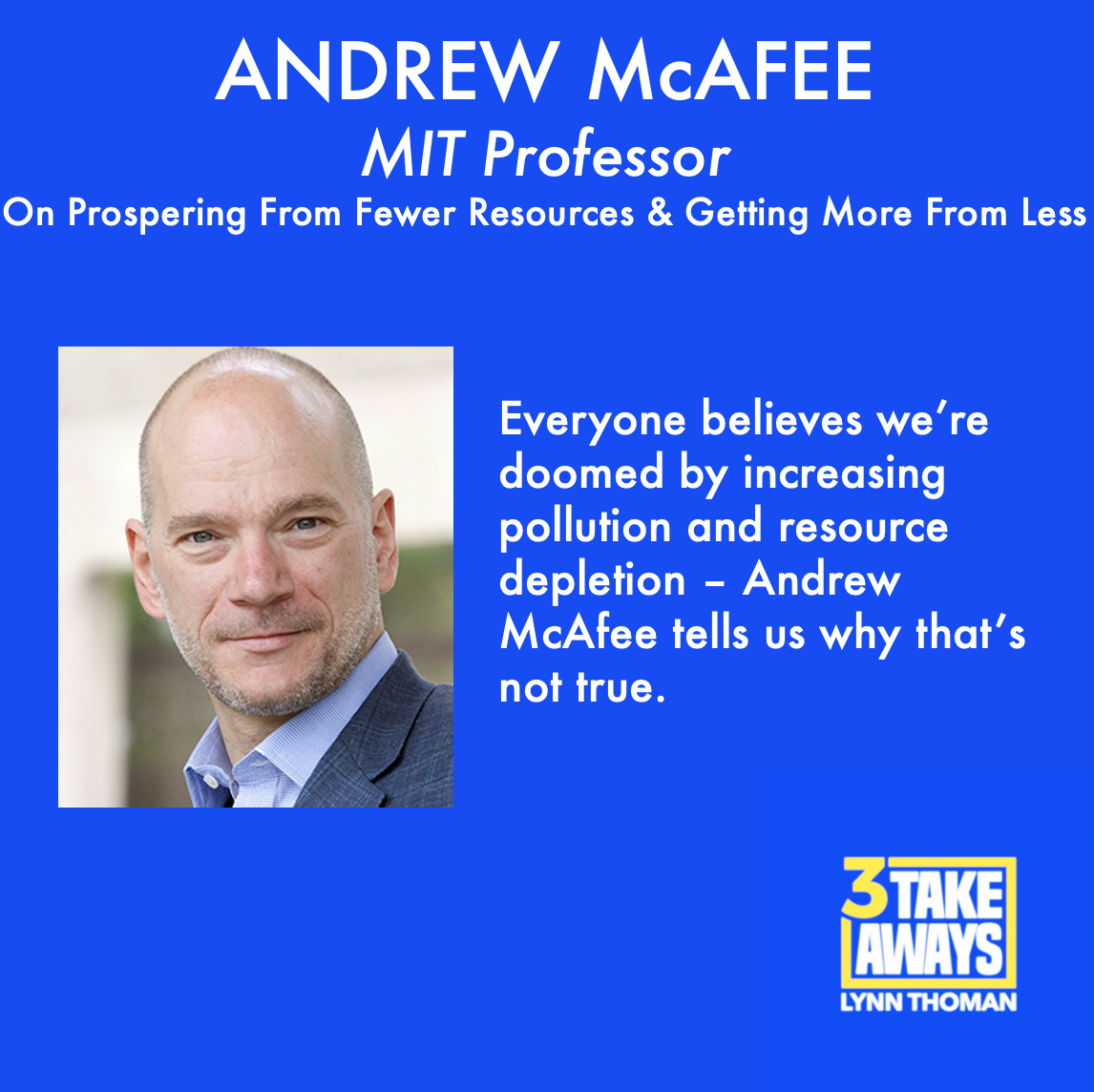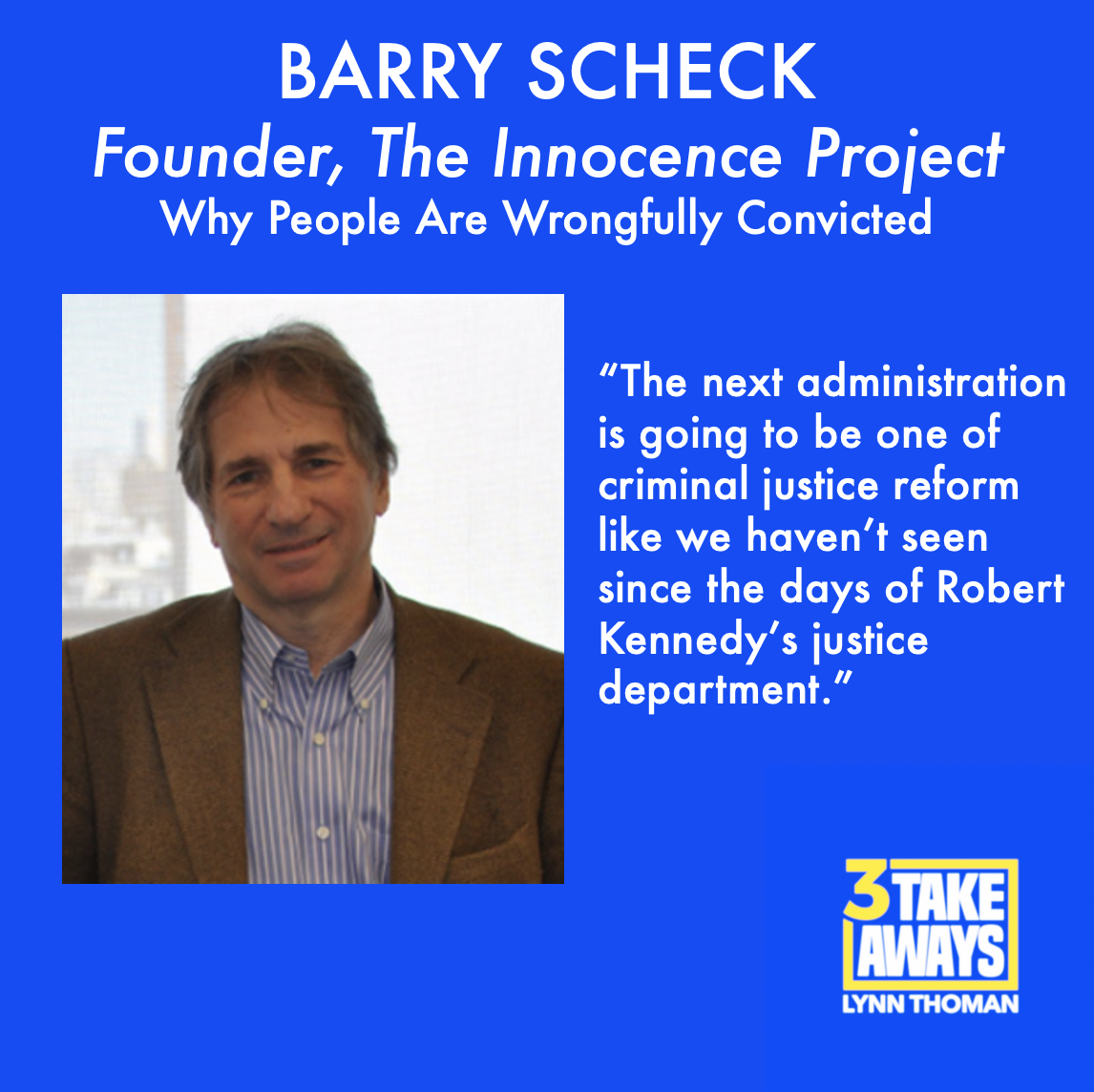
How Right and Wrong Change with Technology with Juan Enriquez
We all think we know what’s right and wrong but we don’t because right/wrong changes over time. Our great grandchildren might be shocked by people eating meat, and the risks of pregnancy, childbirth and unedited genes. Find out which things we're doing now that will be viewed as wrong, and learn about the almost inconceivable things that will become “right" because of new technology. Will genetic engineering of humans for space travel become acceptable? Bigger brains? More compact bodies? Different species of humans to increase our odds of survival?

Princeton Psychology Professor, Eldar Shafir: Why Having Too Little Makes People Perform Worse and Become More Impatient, Impulsive and Careless
Learn how scarcity of anything — money, food or social connections — affects our daily lives and leads us astray. Scarcity reduces both intelligence and control. Having too little preoccupies and taxes the mind, making life much harder. "Even smiling and being pleasant is hard when your mind is taxed. The employee snaps at rude customers ... The parent snaps at the child ... The server rings up the wrong item.” Learn about the latest cutting edge behavioral science to find out how the poor can escape the scarcity trap and how we can all manage scarcity for better satisfaction and success.

Harvard’s Chair of Astronomy, Avi Loeb: Why We Are Not Alone and Are Very Common Like Ants On A Sidewalk
Find out why Harvard’s Chair of Astronomy Avi Loeb says we are not alone in the universe and that there are more intelligent and sophisticated civilizations than ours. Learn about the evidence that we aren't the “smartest cookie in the jar.” Find out when we were visited by another civilization and how we can create life on other planets by launching what he calls "Noah's spaceship.”

Marshall Van Alstyne: Why Platform Companies (Facebook, Amazon, Airbnb and Uber) Are the Opposite of Traditional Companies, Why They Become So Enormous, and How They Can Be Regulated
Find out why platform companies dominate traditional businesses and why 7 of the 10 largest companies in the world are platform companies. Learn how they outcompete traditional companies while employing just a tiny fraction of the number of people, how they are completely different from companies of the past, and why platforms beat products all the time.

Harvard Professor, Robert Waldinger: On What the Good Life Actually Looks Like Based on Harvard’s 75 Year Study
Find out what the good life actually looks like based on Harvard's 75 year study of over 700 men from when they were teenagers through old age, with director of the study, Robert Waldinger. Learn the single most important thing that keeps us healthy and happy as we go through life and predicts who will stay healthy longer and live longer.

CEO of Marriott, Arne Sorenson: On the Future of Travel and, as a CEO of the Year, How To Be A Great Leader
Find out from CEO of Marriott Arne Sorenson, head of the world’s largest hotel chain, and one of the world’s best leaders (as a “CEO of the Year” and leader of one of the most admired companies), what he thinks about the future of travel, work, and cities and what it takes to be a great leader.

John Cleese of Monty Python: On Creativity and How Everyone Can Be More Creative
John Cleese opens up about how he gets his best ideas and how everyone can be more creative. He also provides insights on comedy and humor.

Head of Columbia University’s Creative Machines Lab, Hod Lipson: On the Future of Artificial Intelligence
We are at an inflection point in artificial intelligence today. Find out what the next 3 waves of artificial intelligence will bring — including creativity and consciousness.

President of Pew Research Center, Michael Dimock: On the Attitudes and Trends Shaping America Today
Find out how what America is looking for in a leader has changed. In addition, not only are there doubts about the mechanics and logistics of the U.S. election, but also the American public is going into it with deeper doubts about the qualifications of the voters in the first place. Learn how Americans’ attitudes are shaping the country.

Yale Professor, Amy Chua: On How Group Identity and a Failure to Realize Its Importance Has Caused the Rise of Partisanship and the Failure of U.S. Foreign Policy
Find out how group identity has caused bitter partisanship in the U.S. and the failure of U.S. policies in Vietnam and other countries, from an original thinker who has received support from across the political spectrum. Learn how children as young as 4 years old identify with groups and consistently display systematic, unconscious bias toward other groups. Learn how America can move forward.

MIT Professor, Andrew McAfee: On Prospering From Fewer Resources & Getting More From Less
Most people believe that taking better care of the planet means reducing consumption, learning to share and reuse, and restraining growth. Is that argument correct? Find out from Andrew McAfee, director of MIT’s Digital Initiative, why it's not true.

Former Google CEO, Eric Schmidt: On AI, Tech, COVID-19, and Making the World A Better Place
Find out how former Google CEO Eric Schmidt sees the future of artificial intelligence (AI) and tech. As leader of NY Governor Cuomo's COVID-19 task force, he’ll also provide insights on the world post-COVID, as well as the opportunities and talent that he is investing in through Schmidt Futures and his new podcast Reimagine.

JetBlue Chairman, Joel Peterson: Leadership and Building A Winning Culture
Learn how to inspire others, navigate through crises, and launch new ventures from the man who helped build JetBlue and served as advisor to hundreds of other companies, including seven start-ups which are now worth over $1 billion.

Founder of the Innocence Project, Barry Scheck: Why People Are Wrongfully Convicted
This week on 3 Takeaways, founder of the Innocence Project Barry Scheck, answers all questions related to wrongful convictions. Barry Scheck has freed hundreds of wrongfully convicted people from jail, many of whom spent decades in jail for crimes they didn’t commit.
